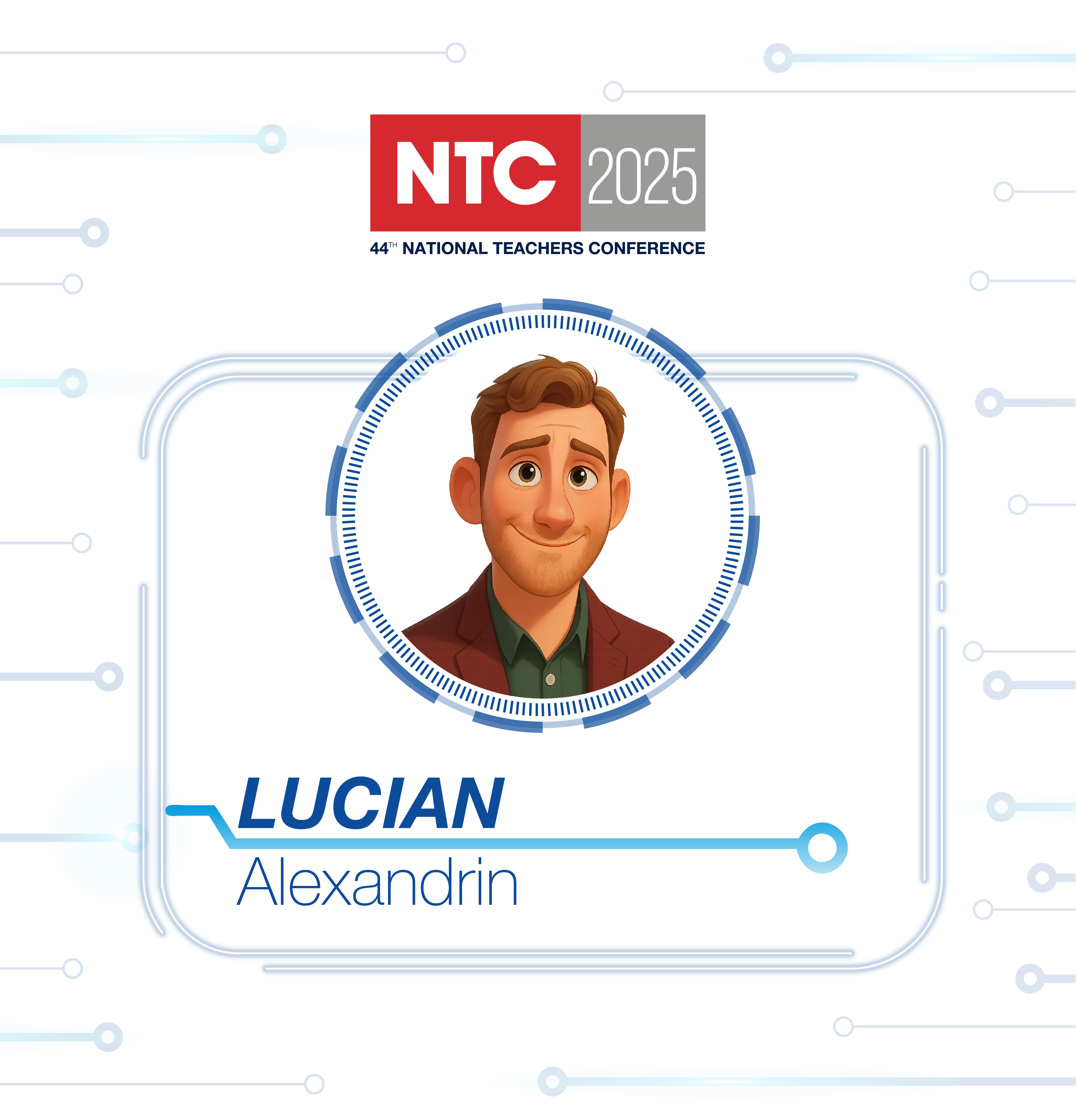Event: IGA NTC 2025
Lucian Alexandrin is an academic consultant at National Geographic Learning and a teacher, trainer, and coach with over 15 years of experience. Originally from Romania, he holds a Psychology degree from Brigham Young University (US) and a DELTA diploma from Cambridge University. Lucian has had scores of teaching and training projects across Latin America, for schools, businesses and government. His work reflects a global citizen mindset, with a focus on creating meaningful, lasting impact in education and professional development. (TIRF).
Beyond the Classroom: How the Science of Learning (SoL) Can Transform Language Teaching
Where does our students’ learning really happen? Increasingly, it’s not confined to the classroom but unfolds in moments between lessons—on the bus, at home, on the phone. This plenary session invites educators to reimagine teaching through the lens of the Science of Learning (SoL) and Ubiquitous Learning (U-learning), combining cognitive neuroscience with inclusive, technology-supported pedagogy. Drawing on principles like spaced repetition, active recall, and emotional engagement, we’ll explore how memory, motivation, and attention can be activated outside formal learning blocks. Participants will examine how mobile devices, microlearning apps, and real-world tasks offer personalized, flexible ways to reinforce language acquisition. We’ll also look at the role of gamification and novelty in increasing student engagement and retention, especially for learners with varied needs and learning contexts.
The session includes practical, tech-integrated strategies to design emotionally supportive, culturally relevant, and cognitively efficient learning experiences—ones that promote lifelong learning habits and can be sustained beyond the school day. Real examples will highlight how AI-powered tools and apps can support inclusive education and differentiated practice. Finally, we’ll engage in collaborative reflection, inviting participants to be open to ideas for rethinking where, when, and how learning happens. Teachers will leave equipped not only with evidence-based insights, but also with classroom-ready tools and a renewed sense of agency as designers of transformative learning journeys.








